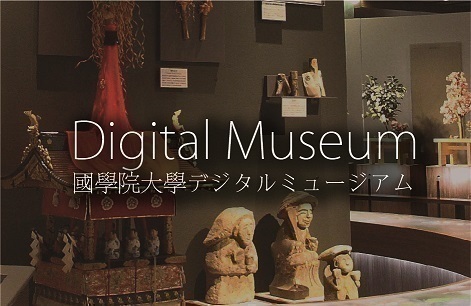- トップ
- Encyclopedia of Shinto
- Soreisha
Encyclopedia of Shinto
| Main Menu: | |
| Links: |
詳細表示 (Complete Article)
| カテゴリー1: | 4. Jinja (Shrines) |
|---|---|
| カテゴリー2: | Shrine Architecture |
| Title | Soreisha |
| Text | [Sorei sha] "Ancestral shrine," a smaller shrine established within the precincts of a local "clan deity" (ujigami) or "parish tutelary" (ubusuna), and dedicated to the worship of the ancestral spirits of shrine parishioners (ujiko). The term is also used to refer to a small household shrine (teinaisha) dedicated to family ancestral spirits (sorei) and established in homes that observe Shinto funeral customs. In some cases, the shrine may take the form of an ancestral altar within the home itself. Other terms used to refer to such shrines include soreiden and mitamaya. In the Edo period, memorial services for the dead were almost exclusively under the jurisdiction of Buddhist temples. Small shrines (hokora) were occasionally dedicated to domainal lords and other meritorious local figures, and Shinto-styled services were sometimes observed to commemorate the ancestors of priests who had received ordination in the Yoshida school of Shinto, but the observance of Shinto funerary customs did not become general practice until after issuance of the Order for the Separation of Shinto and Buddhism in 1868. Shinto installations were introduced in place of Buddhist altars in homes, and at shrines, facilities for the worship of parishioners' ancestral spirits were built alongside the main sanctuaries (honden). Memorial shrines known as shōkonsha are considered to be of this type. In 1886, however, the construction of soreisha was made illegal on the basis that as public facilities, shrines should not be host to private rites dedicated to a limited sector of parishioners. Postwar shrines, however, were legally categorized as religious corporations and began building soreisha within shrine precincts (keidaichi) in response to wishes from parishioners. Rites dedicated to the spirits of meritorious parishioners or war dead are performed there. Soreisha are also commonly established within the religious facilities of sectarian Shinto. — Mori Mizue |




